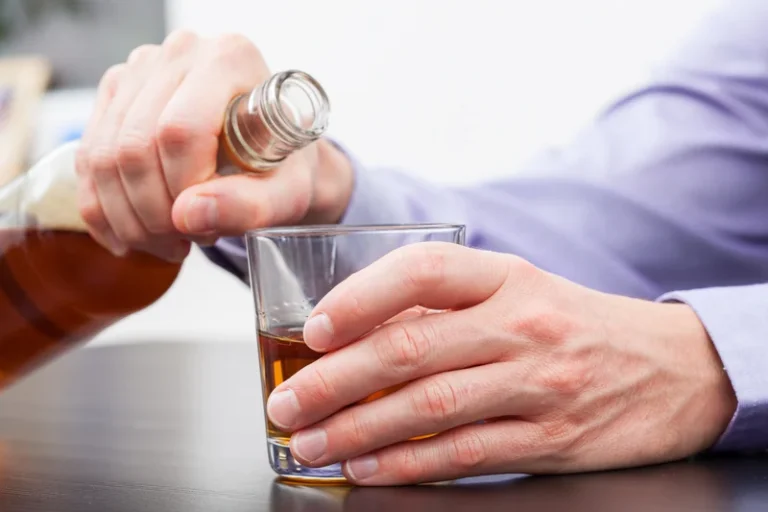Users may start out taking pain pills to address pain from an accident or injury while still maintaining a normal life or drinking socially with friends. Over time, the importance of substances comes to outweigh the importance of things like getting exercise and eating right. As addiction escalates, regular meals fall by the wayside, with home cooking and healthy choices replaced by fast food, soda and fattening snacks. While eating habits for individuals recovering from alcoholism may vary, people tend to eat less when they quit drinking. Alcohol stimulates the hypothalamus, which plays a role in managing food intake.
Binge Drinking

Finally, the substantial amounts of fiber in cruciferous vegetables can keep you regular, improve your gut health, and help you regulate your blood sugar levels. Experts suggest a diet composition for those in alcohol recovery of approximately 45% carbohydrates and 30% healthy fats, with the remaining 25% from protein. This balance ensures that individuals in recovery receive the necessary nutrients to help rebuild their bodies, support brain health, and facilitate a successful recovery journey. During the journey to recovery from alcohol dependence, a balanced diet plays a crucial role in restoring physical health and supporting brain function.
- Micronutrients are just as important, but you don’t need to consume as much of them to stay healthy.
- Most meats contain adequate levels of glycine, but it can also be found as a powder for supplementation.
- If a person wishes to consume alcohol when trying to lose weight, it is advisable to consider lower-calorie options.
- Ask your doctor for a referral, or contact your local hospital, community health center, or university.
The Role of Carbohydrates and Healthy Fats in Alcohol Recovery
They all have the same impact because the liver has to process alcohol no matter what form it comes in, “so that’s a volume situation,” Hultin says. She suggests drinks such as vodka and club soda with a twist of lemon or orange; rum and diet cola, gin and low-sugar tonic, or a small martini. Dry red or white wines, or dry sparkling wine, best foods for alcohol recovery also don’t have added sugar like a lot of other drinks, Hultin adds. “They go into your body like any other calories and get processed as such,” Hultin, author of “Meal Prep for Weight Loss 101,” tells TODAY.com. So within the limits of moderation, choose the alcohol you enjoy, but keep in mind the calories in drinks, Fernstrom notes.
Using Nutrition to Improve Neuroplasticity
Vitamins and minerals are micronutrients, while the macronutrients you need are protein, fat, carbohydrates and water. It’s common to begin craving sweets and other unhealthy foods when you give up alcohol. While many foods can help promote recovery, some can hinder your recovery.
How to detox liver?
If you’re struggling to stick with new habits during the recovery process, there are new ways to get the help you need. Ria Health’s online recovery coaching supports you in improving self-care, and sticking with sobriety long-term. You’ll also get access to anti-craving medications, expert medical advice, handy digital tools, and more—all through an app on your phone. Getting enough water can also help to improve your mood and other cognitive functions at a time when you could really use it—especially if you’re detoxing. Magnesium can help reduce alcohol cravings and improve sleep quality, both common problems during alcohol withdrawal. Zinc can help strengthen the immune system and help improve your mood.
- While conquering sugar dependence tends to be the most difficult task for ex-drinkers, increasing fat intake is difficult for a different reason.
- While you are in recovery, it is important to not substitute one addiction for another.
- Red meat, pork and poultry provide iron, and fish like salmon are great sources of both omega-3 fatty acids and calcium.
- Of course, the first step is making the decision to seek help, at which time you will go through a detox process to rid your system of harmful substances.
How Nutrients Affect the Body
No matter how severe your addiction, alcohol rehab can offer a path forward. The challenge comes in identifying which level of treatment is best for you. Once you decide on the level of treatment, you’ll then need to find a local rehab center or treatment program that works for you. A treatment center will attempt to verify your health insurance benefits and/or necessary authorizations on your behalf.
This is because neural patterns are hard to break, especially when they involve a chemical dependency on sugar or junk food additives. Periodic fasting, which consists of fasting for 24-hour periods a couple of times during each week, can mean autophagy occurs at around the 18-hour mark. Periodic fasting also speeds up the process of restoring amino acids. If this is a concern for you, consider periodic fasting if intermittent fasting isn’t helping you as quickly as you’d like. As previously mentioned, insufficient amounts of zinc can negatively impact your skin and appetite and can also reduce your sex drive.
Other Effective Tips for Alcohol Recovery
- In the United States, check to ensure the program is in-network with your health insurance as well.
- Water makes up around 60% of the body and plays vital roles in nearly every function.
- When thinking about a healthy diet, most people focus on the meals and snacks they eat throughout the day.
- At Gateway Foundation, we understand the importance of nutrition for recovering addicts, and we incorporate it into our many recovery programs and services.
With careful planning and attention to your diet and lifestyle, you can address your physical needs, stay in recovery, and go on to live a meaningful life. It’s important to select snacks that not only nourish the body but also help to manage cravings and maintain steady blood glucose levels. Inclusion of complex carbohydrates like root vegetables and legumes can aid in balancing serotonin levels, promoting relaxation and well-being. Recovering from alcohol misuse requires not only psychological support but also a nutritional overhaul to address deficiencies caused by chronic consumption. There hasn’t been a lot of research on the role of nutritional therapy in recovery from substance use yet.
We publish material that is researched, cited, edited and reviewed by licensed medical professionals. The information we provide is not intended to be a substitute for professional medical advice, diagnosis or treatment. It should not be used in place of the advice of your physician or other qualified healthcare providers. Nutrition is a cornerstone in the journey of recovery from alcohol addiction, as it provides the body with essential tools to repair the damage caused by alcohol misuse. A balanced diet supports physical healing, improves mental health, and is an integral part of a successful recovery process.

